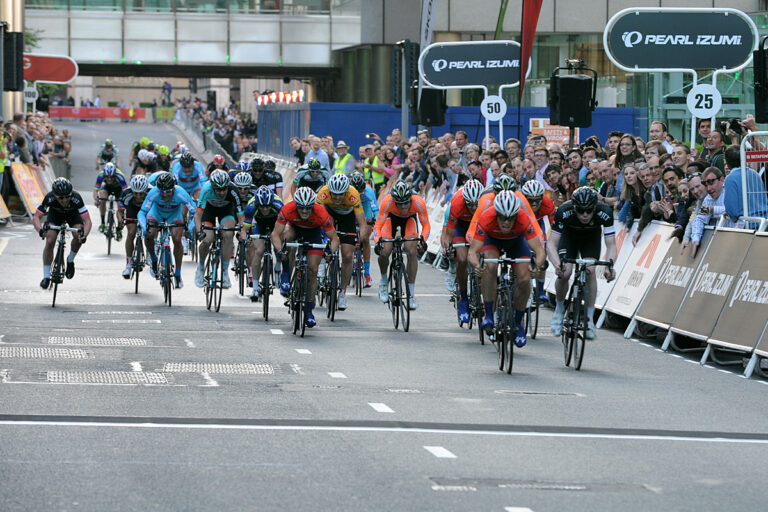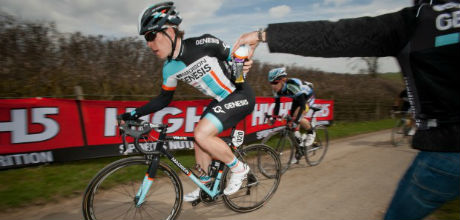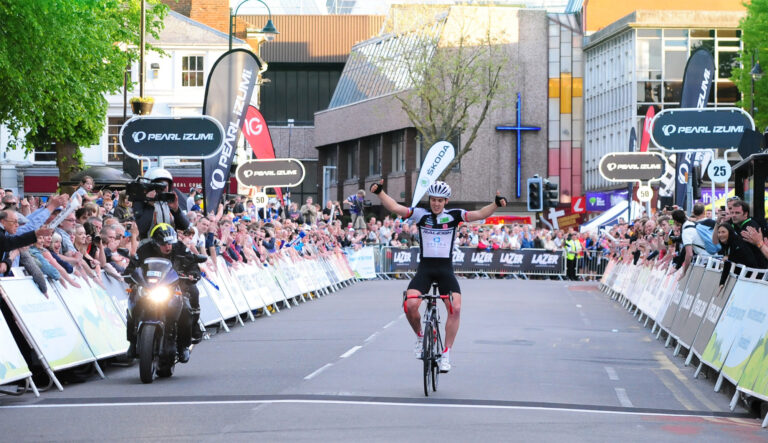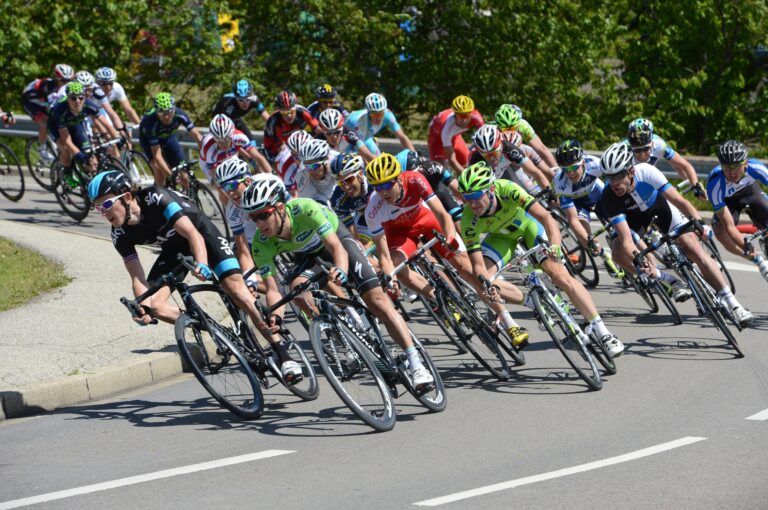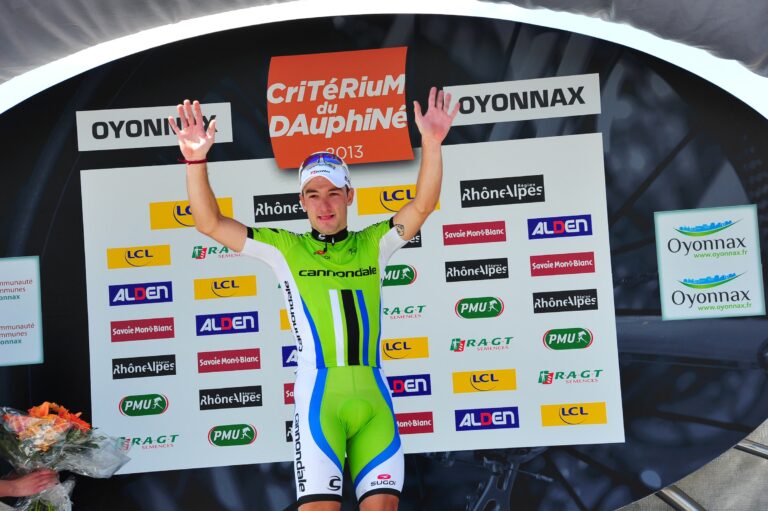
The Verve once sang The Drugs Don’t Work – and David Millar is singing from the same hymn sheet after enjoying arguably the best year of his career.
Millar, who first made his name after winning stage one of the 2000 Tour de France, was arrested in 2004 and served a two year ban for using EPO, including at the time when he won 2003 world time trial gold.
The 33-year-old, a member of the World Anti-Doping Agency’s Athlete Committee, has since become a staunch anti-doping campaigner and fell into fine form this autumn.
The Garmin-Cervelo rider followed up a superb time trial silver medal at the Road World Championships in September with gold in the same discipline at October’s Commonwealth Games and a bronze medal in the men’s road race.
And Millar insists he’s riding with more venom now than he was when fuelled by drugs – with the Scotsman setting his sights on prolonging his career until past the Glasgow Commonwealth Games in 2014.
“How mad is that?” Millar told the Telegraph. “You go down the wrong path mainly because you feel it’s the only way you can win the biggest prizes and you get a bit messed up mentally yet all the time you have it within yourself naturally to perform at levels you hadn’t really dreamed of.
“Honestly? I have never been fitter and riding better than I was at the end of this 2010 season, at the world championships and the Commonwealth Games. No drugs could have got me to that condition.
“I was absolutely pinging it and didn’t want the season to end and it was a major morale booster in terms of the future.
“At the start of this year I did wonder how long I had left but now I know for sure. I can do another two years at least at elite level and really there is no reason why I shouldn’t continue all the way to the Commonwealth Games in Glasgow in 2014.
“That’s my target now and I will only be 37 which isn’t actually that old compared to some who have been racing in the peloton recently – [like] Lance.”
Millar was among a select group of pros to ride this year’s Giro d’Italia, Tour de France – where he crashed heavily and struggled to Paris – and Vuelta a Espana, where he nursed himself back to fitness.
“I am not exactly sure where that autumn form came from but believe me I have been having a long hard look back on how the season progressed to try and find the clue because when you hit on that kind of form you want to bottle it up,” Millar added. “Was it just freakish or was there something we could replicate?
“My thinking at the moment is that for the first time in a long while in my career I got a bit selfish. I am a pretty versatile rider and I pride myself with being a team player so I have ridden all sorts of support roles at Garmin since I joined and I have been delighted to do so. That team spirit at Garmin is what defines the squad.
“But things panned out a little differently this year. I had a good start to the season and then got really banged about in the Tour de France and struggled through to Paris with some horrible injuries and after that took three weeks off from the bike altogether to heal. I was really out of shape when I started the Vuelta which was a bit indulgent of me.
“So basically I used the Vuelta purely for conditioning and although I helped out with the team when I was able to, the Vuelta was basically about me riding myself fit. You don’t often get that luxury.
“There is no substitute for a three week grand tour in that respect and by the time we finished I was not only firing on all four cylinders but feeling refreshed, having not gone too deep, and ready for anything.”
With Garmin-Transitions reborn as Garmin-Cervelo for 2011, Millar will ride in aid of a strong squad which includes Tyler Farrar and current world road race champion Thor Hushovd.
And team principal Jonathan Vaughters believes Millar is in the shape, both in mind and body, to pick up where he left off once the new season comes around in January.
“Dave Millar is one of the most talented bike riders you can ever hope to work with but he has to be in love with the sport to perform at his best, which is possibly one of the reasons why it has been a roller-coaster ride with him throughout his career, he is very emotional in that respect,” said Vaughters.
“There have been times if you plot the graph of his achievements and form and of course the two year ban when you could say with some accuracy that he had temporarily fallen out of love with cycling, that something was bugging him. All I can say now is that Dave is clearly madly back in love with the sport again and in a very good place.”

